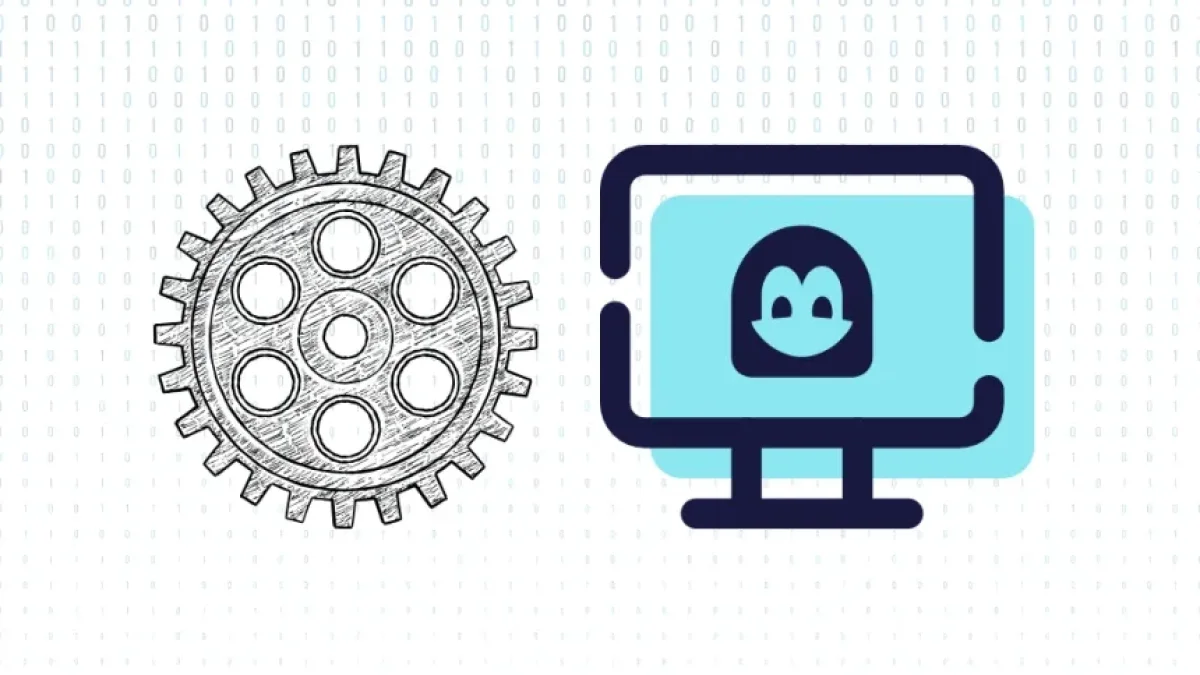The Linux Kernel is the fundamental core of one of the most widely used operating systems in the world. The term "Linux" is often confused with "Kernel," but they actually represent two different concepts in the realm of software. In this article, we will break down what the Linux Kernel is, its importance, and how it differs from Linux as a complete operating system.
What is the Kernel?
The Kernel is the part of the operating system that acts as an intermediary between the computer's hardware and the applications running on it. It manages system resources, such as memory, processes, and input/output devices. In the case of Linux, it is an open-source kernel, which means that its source code is available for anyone to study, modify, and redistribute.
Main Functions of the Kernel
The Kernel performs several critical functions in an operating system:
- Memory management: Controls how memory is allocated and freed for the software that needs it.
- Process management: Responsible for the creation, execution, and termination of processes and threads.
- Device management: Interacts with the hardware through drivers that translate Kernel requests into instructions understandable by the devices.
- Security and access: Provides security mechanisms to control access to system resources.
What is Linux?
Linux generally refers to a complete operating system that uses the Linux Kernel. This distribution also includes the utilities and applications necessary for users to interact with the system. Although "Linux" alone is often used to describe both the Kernel and its distributions, it is essential to remember that Linux is much more than just the Kernel.
Linux Distributions
Linux comes in many "distributions," which are customized versions of the operating system. Some of the most popular distributions include:
- Ubuntu: User-friendly and ideal for beginners.
- Debian: Known for its stability and robustness.
- Fedora: Often features the latest capabilities and software.
- CentOS: Popular in server environments due to its focus on stability.
Each distribution includes the Linux Kernel but also adds a set of tools, configurations, and applications that make the system user-friendly and accessible.
Differences between Linux and the Linux Kernel
To further clarify the difference between Linux and the Linux Kernel, it is helpful to compare both:
1. Composition
- Kernel: It is just the core of the operating system.
- Linux: It is the complete operating system that includes the Kernel along with other components like system tools, applications, and desktop environments.
2. Functionality
- Kernel: Focuses on managing hardware resources.
- Linux: Provides a complete interface for users, along with additional functionalities for system management and software development.
3. Use in Software Development
- Kernel: Developers can work directly with the Kernel to create custom modules or drivers.
- Linux: End users primarily interact with the graphical interface and applications, without needing to modify the Kernel.
Importance of the Linux Kernel
The Linux Kernel has proven to be versatile and reliable, leading to its adoption in a wide variety of devices, from servers to smartphones. Some reasons why the Kernel is so important include:
- Open source: Allows developers worldwide to make improvements and fix issues.
- Security: Regular updates and security patches that strengthen system protection.
- Community support: As one of the largest development platforms, there is an active community of users and developers ready to help.
Conclusion
In summary, while the Linux Kernel and Linux are often used interchangeably, they are distinct concepts. The Kernel is the core that manages hardware and system resources, while Linux encompasses the entire ecosystem that allows users to interact with that hardware. Understanding this difference is crucial for anyone looking to delve into the world of Linux-based software.
If you want to explore more about the Linux Kernel and its distributions, there is a wealth of resources and online communities ready to assist you on your journey toward a better understanding of this important operating system.




















